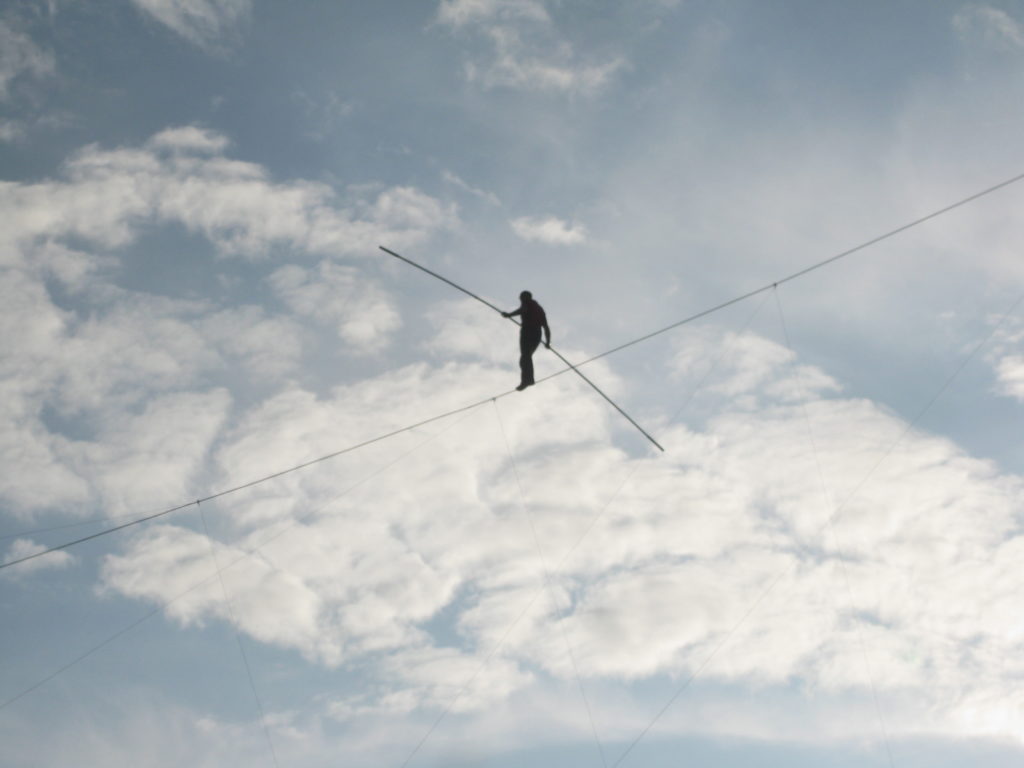“We don’t want to be Google, we’re just a regular X company so why should we bother with psychological safety?”
Psychological safety is often advertised under the Google – Project Aristotle banner. That psychological safety is the most important factor for building high performing teams. That we need it to be an innovative company. This is all true, but not always useful. I’d like to take the opposite approach and ask you to forget about innovation and high performing teams for a while. I’d like you to just take a minute to consider what happens when psychological safety is not present.
The opposite of safety is risk but the cost of lack in psychological safety is not a risk, it’s a fact.
Joshua Kerievsky suggests six dimensions of psychological safety in Modern Agile, saying that;
you’re psychologically safe if not afraid to:
- be yourself
- take risks
- make mistakes
- raise problems
- ask questions
- disagree
We pay good money for smart people to come and work with us so what’s the cost to the company when they don’t feel psychologically safe at work?
I will only pose the questions to you and let you figure out what the answers are in your organization. Please take a minute or two to consider each one of the consequences of a culture that’s lacking in psychological safety.
- What is the cost to your company when people come into work and don’t dare to bring all aspects of themselves to work?
- What is the cost to your organization when your co-workers are afraid of trying things with an uncertain outcome?
- What price is your company paying when people are afraid of admitting mistakes and sharing what they learned from them?
- How much are you paying in salaries to employees who don’t feel comfortable raising problems when they see them?
- What’s the cost of people not daring to ask questions and just acting on guesses at your company?
- What is the price your customers and shareholders are paying for the smart people you hired who feel afraid to voice their opinion when they see something that’s not right?

I could just drop the mic here and leave you with this but I want to add one more thing to the stew first.
Courage.
I hear calls for courage and people being more brave and I love it when people show courage. But if we leave it up to people’s courage to compensate for a lack of psychological safety in the workplace, we force them to make a risk/benefit analysis.
“What do I risk by speaking up/raising a problem/asking a question? What is the benefit of me doing the same?”
The risk is very real and very personal. When people don’t feel psychologically safe they are afraid of their personal well-being, their status, their job, their career, of being ridiculed or of being punished in some way. That is a very tangible risk. What is the company putting in the other pan of the scale to balance that risk? What is the tangible benefit of taking a risk at your workplace?
… Sorry, I didn’t quite hear you?
Make it so that people don’t need to be brave. Create a workplace where all these things are as natural as breathing. Not because you want to be Google but because you want to make good business, and because it’s the decent thing to do.
